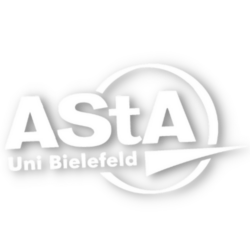
- Diese Veranstaltung hat bereits stattgefunden.
Science, Precaution, Innovation: towards the integrated governance of new technologies
14. Oktober 2019-12:30 - 15. Oktober 2019-18:00

The Precautionary Principle (PP), now 45 years old (German Clean
Air Act, 1974), concerns situations where the available scientific information
about possible harm from human-made innovations gives decision-
makers reasonable grounds to suspect possible harm to human
health, the environment or biodiversity, but where scientific certainty
is lacking. The PP in such situations lawfully justifies decision makers
taking precautionary measures to avoid such harm.
Although enshrined in the EU treaty and formally a pillar of EU policy,
the PP is often ignored, misinterpreted or violated by the EU Commission
and member states. Furthermore, corporate lobbyists and some
scientific interests continuously attempt to undermine and erode the
PP, mistakenly portraying it as if it was a hindrance to innovation,
and even as “anti-scientific”. Their introduction in recent years of a so
called “innovation principle” (which is already enshrined in the EU
legislation and Action programmes) may well erode this science-based
standard and prioritize particularly powerful incumbent economic
interests over the high level of protection provided in the EU Treaty.
Truly sustainable innovations, however, require conformity with the
PP, and a more comprehensive assessment of what (if any) social benefits,
and which social needs, may be met.
In this conference we will present and critically appraise examples which
illustrate the importance of the PP and discuss what is required to
ensure that it will be used wisely and more frequently. Speakers will
take into account the scientific, legal and social challenges and their
real-life implications for the effective implementation of the PP.
Discussions will also question whether it is correct to dismiss the
PP as “anti-innovation”, or whether it is more accurately seen as a
stimulus to innovation and to involve the more socially deliberative
“steering” of innovation. Viable paths to a reasonable confidence
of no harm to public health, biodiversity and the environment will
be identified and explored by reference to currently available knowledge,
while acknowledging that strict proof of safety is an illusory
goal. Examples including pesticide use, genetically modified crops,
electromagnetic fields, endocrine disrupting compounds and nanotechnology
will be presented by eminent speakers and explored by
the participants.

